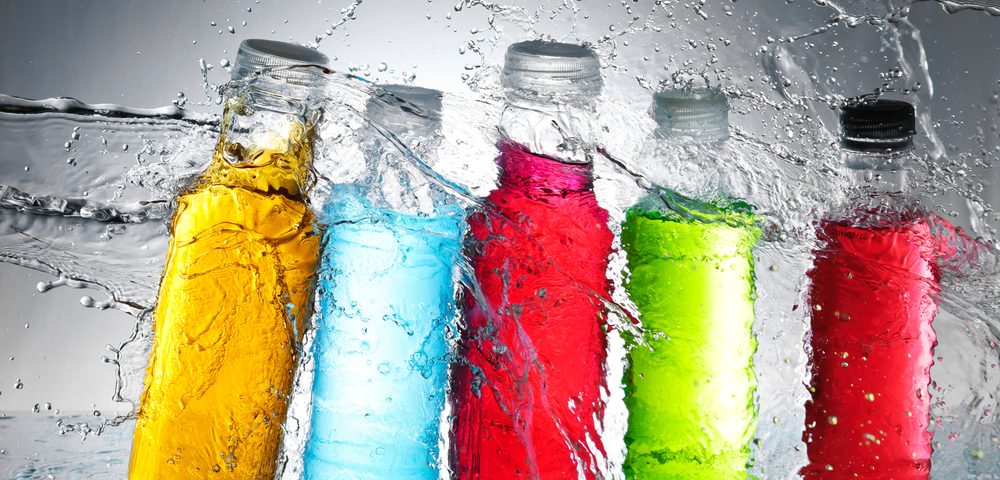Energy drinks, as well as other herbal or over-the-counter supplements, should be considered by clinicians when dealing with patients with acute hepatitis, especially once other causes have been excluded.
This is the conclusion of a case report of a 50-year-old man who developed acute hepatitis, most likely due to drinking four to five energy drinks every day for three weeks.
The case report, “Rare cause of acute hepatitis: a common energy drink,” was published in the journal BMJ Case Reports. The study was conducted by Jennifer Nicole Harb from the Department of Dermatology, University of Florida College of Medicine, and her colleagues.
The man arrived at the emergency department with a two-week history of malaise (a general feeling of discomfort), anorexia, worsening abdominal pain and subsequent nausea and vomiting.
The patient attributed his symptoms to a flu-like syndrome. But he said he became worried when his urine turned dark, and noted a generalized jaundice (yellowing of the skin and whites of the eyes). He said he had no personal or known family history of liver disease.
The man said he had not changed his diet or use of alcohol, tobacco or illicit drugs, but said he had been drinking four to five energy drinks every day for the past three weeks.
As a construction worker, he said the drinks helped him get through his labor-intensive workday. The man got a tattoo in his 20s, but denied receiving any blood transfusions or having high-risk sexual behaviors.
When he was given a physical examination, the patient had normal vital signs, but showed scleral icterus (yellowing of the whites of the eyes) and jaundice. An abdominal exam showed he had severe pain in the right upper quadrant, but he had no other symptoms of chronic liver disease.
Lab assessments revealed normal renal function, elevated liver enzymes, and indications of chronic hepatitis C infection. A liver biopsy revealed severe hepatitis.
The clinicians attributed the acute hepatitis to an excess of vitamin B3 (niacin) in the energy drinks. The patient was taking 160-200 mg of niacin daily, which is below the threshold that normally causes toxicity. However, this amount was similar to a previously reported case of hepatitis associated with a high consumption of energy drinks (around 300 mg of niacin daily).
The patient was closely observed, frequently monitored, and his symptoms were managed. He stopped consuming energy drinks and was advised to avoid taking any niacin-containing products.
Approximately 50 percent of cases of acute liver failure in the U.S. are due to drug-induced liver injury. The list of associated drugs and toxins has significantly expanded with the recognition of dietary and herbal supplements as harmful agents.
An increasing number of Americans take herbal supplements and energy drinks every day with the misconception that their “natural ingredients” make them harmless. Estimates indicate that nearly 23,000 emergency department visits each year are due to adverse events related to dietary supplements.
“As the energy drink market continues to rapidly expand, consumers should be aware of the potential risks of their various ingredients,” the clinicians concluded in a news release. “Vitamins and nutrients such as niacin are present in quantities that greatly exceed the recommended daily intake, lending to their high risk for harmful accumulation and toxicity.”

